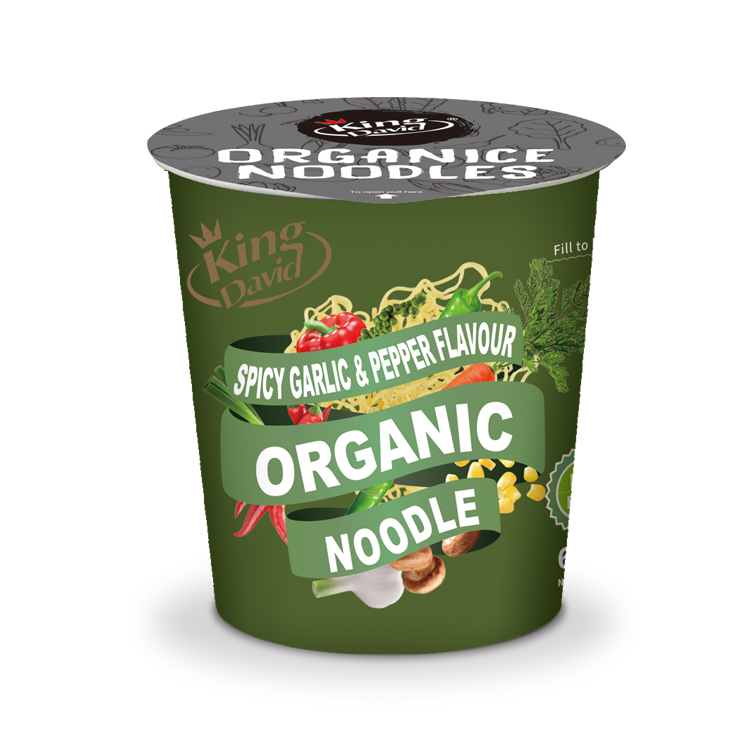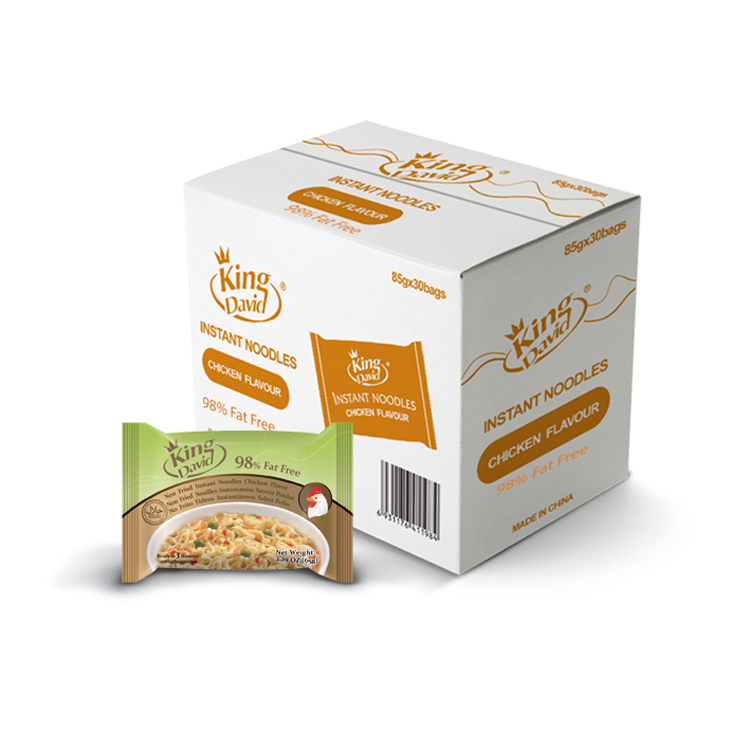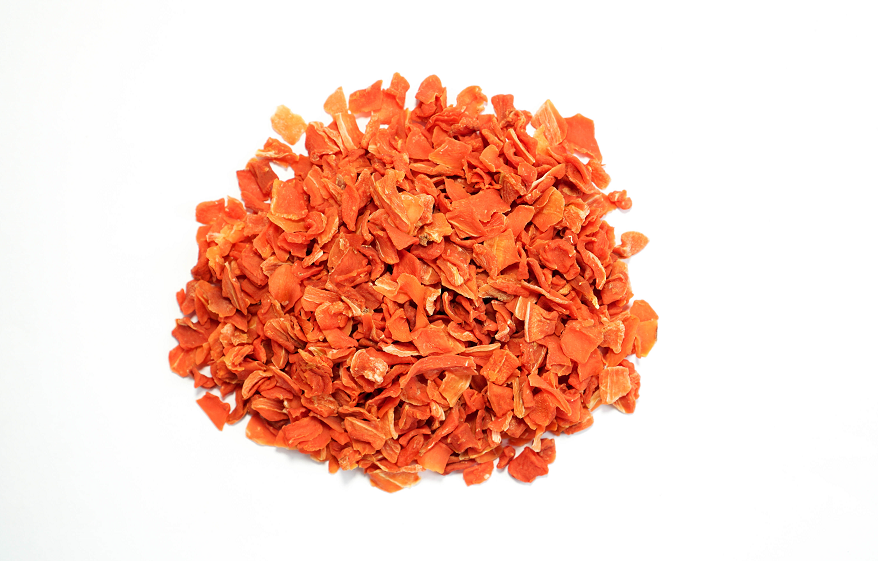The question of whether organic noodles are gluten-free is essential for those with gluten sensitivities or celiac disease. Understanding the ingredients and processing methods of organic noodles can help consumers make informed dietary choices. This article explores the relationship between organic noodles and gluten, examining various types of gluten-free noodles, their ingredients, and their implications for health and nutrition.
Understanding Gluten
What is Gluten?
Gluten is a protein found primarily in wheat, barley, and rye. It provides elasticity and strength to dough, which is why it is prevalent in many traditional pasta products. Consuming gluten can cause serious health problems in people who have celiac disease or gluten intolerance, such as digestive problems, skin rashes, and neurological symptoms.
Gluten-Free Diets
A gluten-free diet eliminates all foods containing gluten. This includes most conventional pasta made from wheat. However, many gluten-free alternatives are available, including those made from rice, corn, quinoa, and other gluten-free grains.

Organic Noodles: An Overview
What Are Organic Noodles?
Organic noodles are made from ingredients that are grown without synthetic fertilizers, pesticides, or genetically modified organisms (GMOs). The term "organic" refers to the farming practices used to cultivate the ingredients rather than the inherent gluten content of the final product.
Are Organic Noodles Gluten-Free?
Not all organic noodles are gluten-free. The gluten content depends on the ingredients used. For example, organic wheat flour noodles include gluten, whereas gluten-free grains, such as brown rice or quinoa, do not. Therefore, consumers must read labels carefully to determine if a specific organic noodle product is gluten-free.
Types of Gluten-Free Noodles
1. Brown Rice Noodles
Brown rice noodles are a popular gluten-free alternative. They have a mild flavor and chewy texture, making them suitable for various dishes. Brown rice is rich in fiber and essential nutrients, making these noodles a healthy choice for gluten-sensitive individuals.
2. Quinoa Noodles
Quinoa noodles are made from quinoa flour, which is a complete protein containing all nine essential amino acids. These noodles have a slightly nutty flavor and are high in fiber, making them a nutritious gluten-free option.

3. Chickpea Noodles
Chickpea noodles are gaining popularity due to their high protein and fiber content. They provide a hearty texture and are suitable for various pasta dishes. Chickpeas are also known for their health benefits, including improved blood sugar control and digestive health.
4. Shirataki Noodles
Shirataki noodles are made from the konjac plant and are virtually calorie-free. They have a gelatinous texture and are often used in Asian dishes. Shirataki noodles are an excellent choice for those looking to reduce calorie intake while enjoying a pasta-like experience.
5. Lentil Noodles
Lentil noodles are made from lentil flour and are rich in protein and fiber. They provide a unique flavor and texture, making them a versatile gluten-free option for various recipes.
Health Implications of Gluten-Free Noodles
Nutritional Benefits
Gluten-free noodles, particularly those made from whole grains and legumes, can offer significant nutritional benefits. They often contain higher amounts of fiber, protein, and essential vitamins and minerals than traditional pasta. For example, chickpea noodles can provide up to 13 grams of protein per serving, making them a filling and nutritious option.

Potential Drawbacks
While gluten-free noodles can be beneficial, some may lack certain nutrients found in whole wheat products, such as B vitamins and iron. Additionally, some gluten-free products may contain high levels of carbohydrates, which can affect blood sugar levels. Consumers need to choose whole grain or legume-based options to maximize nutritional benefits.
Conclusion
In summary, organic noodles can be gluten-free, but it depends on the ingredients used. Consumers should be diligent in reading labels and selecting products that meet their dietary needs. If you are looking for a trusted organic noodle supplier, KINGDAVID is ideal for you. We specialize in various noodles including organic noodles. Please feel free to visit our site for more product details and make an informed choice today!




